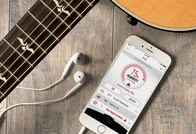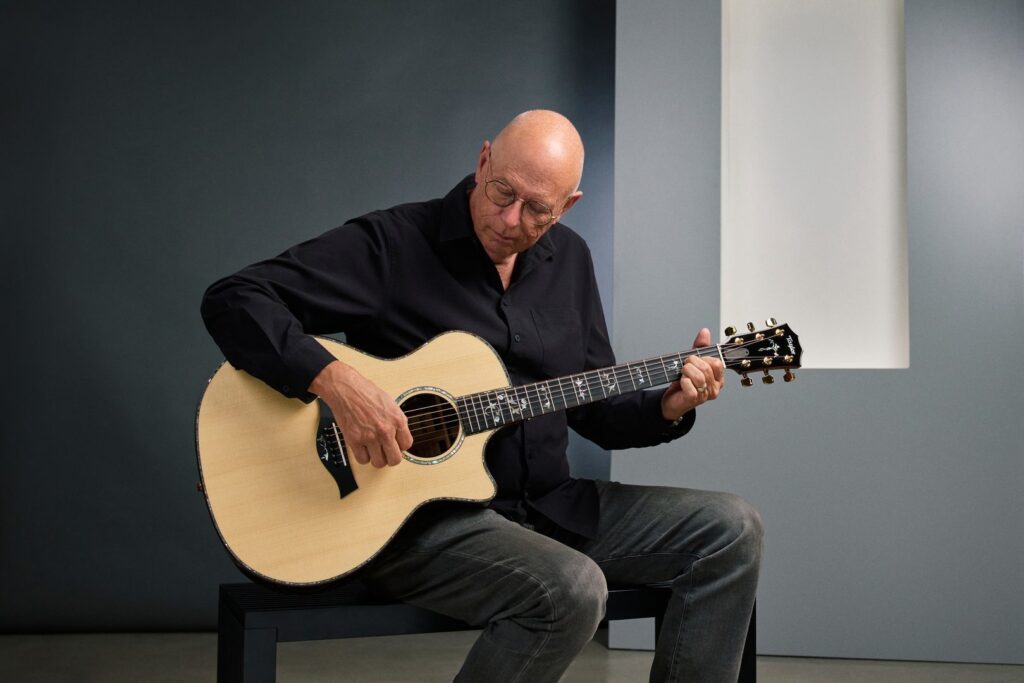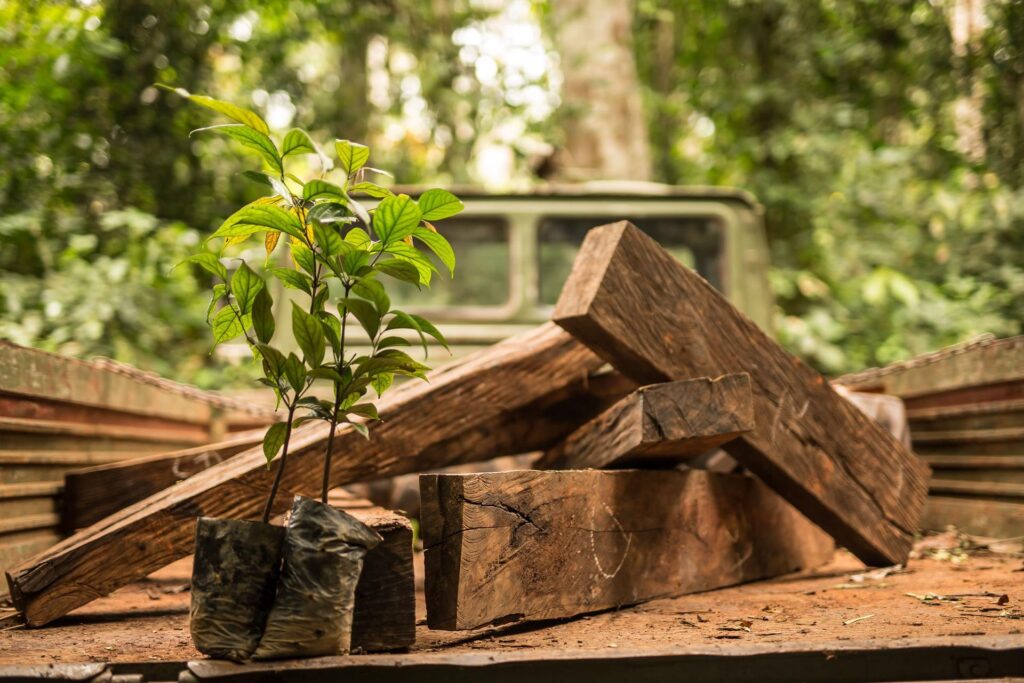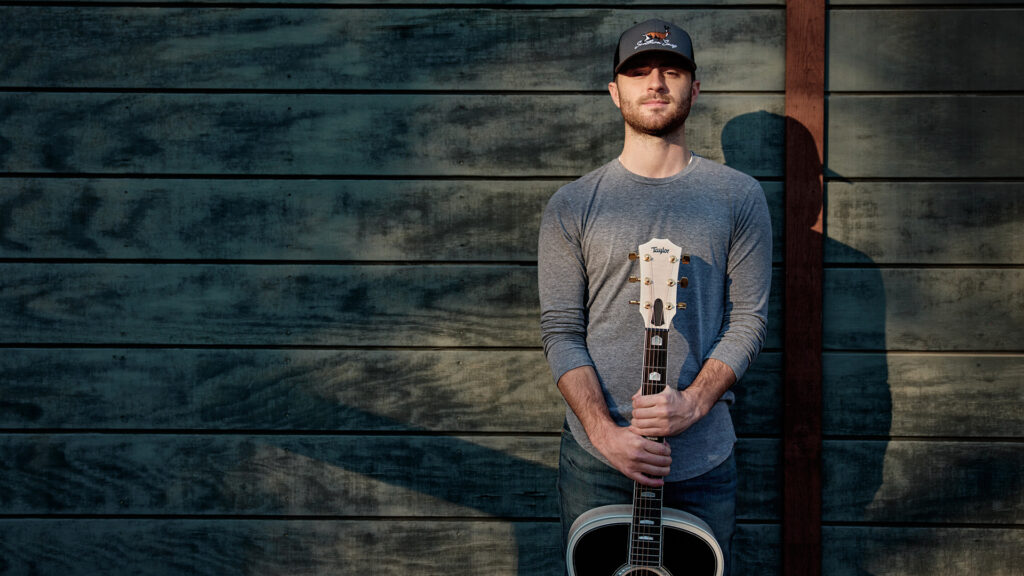Ed. Note: We have great respect for the touring troubadours of the world. We know that behind the romanticized notions of life on the road — immortalized in countless songs over the years — are the logistics of planning it all, especially if you’re an independent artist or band taking a DIY approach. Canadian touring and recording artist Melanie Dekker (910ce) knows what it takes, and frequently finds herself demystifying the experience for aspiring musicians looking to venture beyond their local musical stomping grounds. She took time before leaving for a spring/summer tour across Germany, Austria, and Denmark to share some tips on organizing a successful tour.
I’m a performing singer-songwriter from the town of Deep Cove in North Vancouver, British Columbia. I am on tour 100 dates a year, I’ve logged tens of thousands of miles around the world, and have made a living doing that for the past 15 years. To keep that engine going I’ve had to become tour-smart. I’ve worked as an agent, a manager, a promoter, a tour manager, a blogger, a sound engineer, a distributor, a logistics specialist, a travel agent, a sales woman, a tour bus driver, a quasi web designer, a producer, a singer, a multi-instrumentalist, a street team leader, and a bandleader. I’ve played in front of three people and 30,000 people. And it all started, seriously, around the time I got my Taylor 910ce. Here are some questions I’m often asked.
I’m a performing musician with 25 good songs and I want to tour. Where do I start?
I started playing anywhere and everywhere. I found great audiences and opportunities at charity events and other special events. Performing for people doesn’t come together if you stay indoors, write songs, and just stare at the rain. Be social and nail your craft. Look at tours by bands that are similar to you and yours. Make a list of places and cities where you’d like to play. Start by asking friends and Facebook friends who like you and live in places where you could do a show. Connect with musicians in parts of the world where you want to travel. If your music is suitable for house concerts, start to offer them. Keep lists and Excel spreadsheets. Get good at Google Maps, because five-hour drives can become seven-hour drives when cities and traffic are involved. If you have a band, find out how long everyone can be away from home. Decide how long your show is going to be. (If you’re doing concerts for fewer than 100 people who paid to get in, two 45-minute sets seems to be standard with acoustic music.)
How far ahead do I we/need to plan?
A least one year. Most venues book their plans and calendar ahead by 6-12 months. Don’t be discouraged by this. Get excited; it comes up fast!
What do I look for in a suitable venue, and where do I find them?
I like my fans to be able to have the option to sit, and I like them as close to the stage as possible. Which scene and scenarios are best for your fans? Ask yourself what you would like if you were the fan, and which environments are ideal. The best way to find your “close-to-ideal” space to perform will be to refer to the touring hotspots of other bands that are similar to what you do. Look up reviews and photos of the venues online. It’s easier to sell yourself to a venue if you can think and even say, “We are perfect for each other.”
How do I sell the music/idea/project/band to the venue?
For me, sending an email with links to live, well-lit, good-sounding YouTube clips is the best. Also, include a short bio and introduction that shares your influences, any accolades, and the vibe of the show. Promoters and venues get hundreds of requests a week, so be sure the subject line of your email is clear and enticing. Follow up with a phone call, as you’re more likely to get a booking that way.
Will I make money touring? What are the expenses to consider?
You can make money without sleeping in vans and looking for late night fast food every night, but it doesn’t hurt to do that once in a while. Your biggest expenses will be travel costs and accommodation. If you have bandmates, can they share the expenses? Also, how many in your band give you the sound you want? Days off on the road are less relaxing when you have four bandmates costing the bandleader four hotel rooms (been there, done that, and still do, as days off are essential for mental sanity and voice care, but keep them to a minimum, and don’t let the cost be a surprise or a downer.) There are great websites like Google Maps, gas calculators, Airbnb and Travelocity that will help you get closer than an educated guess to what’s coming out of your pocket before you even hit the road.
Solo or with a band?
My style of music focuses on the songwriter, so I can tour in various formats. One of my deciding factors when it comes to the number of bandmates: I can’t drive 8,000 kilometers (nearly 5,000 miles) in six weeks alone, so I usually have at least one fan/friend or bandmate to help share that load. Some venues won’t hire a solo act, and some don’t want drums. You have to do what you do, and then hunt for the venues that suit that. Ask yourself how each band member can add to the experience. Yes, the math of adding one more body can look painful, but weigh the pros and cons. Once you tour more, you will adjust your Who, What, Where, When and Why. Try to do as much of that as you can — Who, What, Where, When, Why…and How?! Since I’m Canadian, I look into touring grants here: Factor, Canada Council, Canada Council for the Arts, Music BC, Creative BC, Ontario Arts Council, etc.
How do I travel and map it out?
These sites are awesome: Rome2rio.com, Closestairport.com, gas calculator sites, Travelocity, Autoeurope, Google Maps.
What does a contract look like?
The level of organization you handle beforehand will dictate the quality of the tour. Venues feel at ease with organized situations, especially with “risky” newcomers! I arrange contracts so that all the details are on one page. It simplifies the “you said, I said,” and provides a compact review of any back-and-forth you’ve had. If you’re playing overseas, this is more like a gentleman’s handshake than an “I’m gonna sue you if this doesn’t go as planned” arrangement. Many of my contracts for the longer tours are not signed or returned, but I do ask for confirmation that they have been received and ask if all is OK or request information on missing details. Some venues have contracts of their own. Appreciate them. They save you time, and you can learn from them. My contracts generally include: date, venue, contact name, address of venue, name of band, start time, length of set time, arrival time/soundcheck time, meal arrangements (if made), hotel arrangements (where, if made), parking suggestions (if discussed), number and size of posters and when they will arrive, “other,” tech rider reminder, websites of both venue and artist, contact numbers and email addresses for both (try to have more than one on both sides), and my own business address and signature. So, can you do a tour without contracts? I don’t know, I have never tried, as once on tour I kind of leave my head behind.
How do I protect my guitar?
I love my 910ce and I travel with a hard case whenever possible. I have seen friends of mine crushed to discover crushed guitars and broken necks. If you are flying, kindness with all those you encounter is the best approach. Good news! Airlines are more understanding of your precious cargo than they used to be. Know the rules — you should be able to carry on your guitar if it will fit in a compartment and there is space available on the plane when you board. Otherwise, ask if you can gate-check it, and if so, be sure to remember it after you get dozy and disoriented from a long trip! Also, bring more strings and batteries than you think you’ll need.
How do I get fans and people to my show?
Call them, email them, ask them how many friends they can bring. If it’s your first tour, try to do it personally. After a little pre-buzz about your show, it’s good to start touring with banners for local, day-of-show PR (make them big and light and remember to pack them up at the end of the night). A few PR tips: Get posters made and send them out two months before the show. Consider Facebook, Twitter, Instagram, Bandsintown, etc. Ask yourself, where do your fans hang out and what do they do? This will help you fine-tune the approach and promotional tools you choose.
What about merchandise?
Know your audience, and learn from those who are already your fans (e.g.: Do they buy CDs?). Shipping is expensive, and if you’re touring internationally, products can be on hold in customs for weeks. You can have your merchandise spread in your bandmates’ luggage or have it made in the country you start in. I have toured with CDs, LPs, T-shirts, guitar picks, stickers, sweatbands, download cards, posters, toques, and hacky sacks. Not all of them on each tour have been a success. At the end of some tours you may feel like throwing your merchandise out the door because it all takes time, space, and TLC every step of the way. By the way, keep it all well lit and close to the exit at the venue!
How do I start working overseas, and do I need work permits or visas?
I wanted to “get out of town” and liked the goal of hitting the road. Ski resorts were my go-to, and people dancing in ski boots kept asking me when I was coming to visit them! I was signing butts in Banff (true story) and sleeping above the bar, and I wondered if I could see more of the world that way (LOL). I started playing in Irish pubs, as most welcome a variety of live music and the owners could speak English. Plus, they are everywhere in the world. As for visas and borders, some places require permits. Yes, the border control can say, “Sorry we are denying you access to _____ today,” and you will go home with your tail between your legs. These types of laws change, so find the information online. Google. If you’re a member of the musicians’ union, they can also help. Once you hit the road, be open and upfront with authorities wherever you go: “This is what I do, this is where I am going, this is how long I’ll be doing it.”
Any safety tips for women artists?
Pay attention, know where you are, know where you’re going, don’t drink (it gets too hard to stay sharp), and never reveal to the public where you are staying.
Do I need a soundman, and what kind of gear do we bring along?
It’s best to play in places that have a PA in place. Send your booked shows a tech rider that lays out how many mic stands, cables, etc. you need (that said, bring your own essential cables). You will end up sending that rider more than once (they get lost). Create a link in cyberspace that all the venues can access (include your tech rider, three high-quality photos, music, music links, etc.). As for other essentials, books, clothes and shoes should be kept to a minimum. Drink a lot of water while you are traveling; in my opinion a must-have is your own water bottle. Other must-haves for me are: a gear list (your serial numbers and gear all in one document), running shoes, Fisherman’s Friend lozenges, ginger (general health benefits and voice clarity), and adequate sleep, including 20-minute power naps (NASA-approved).





























